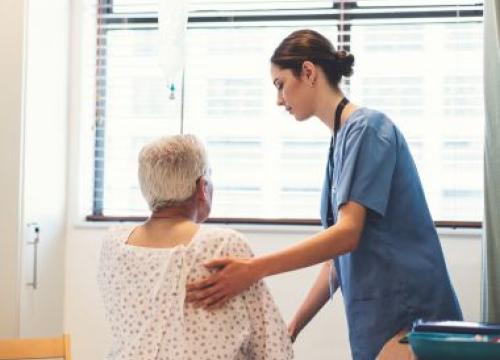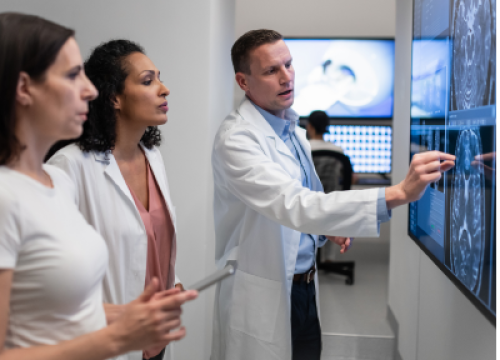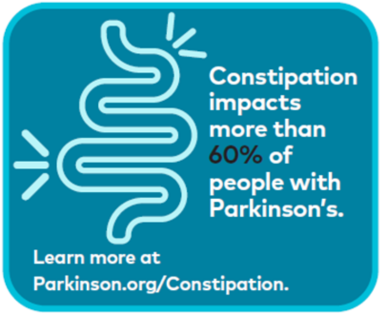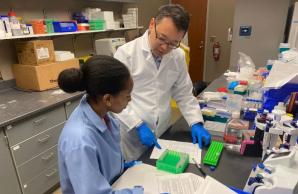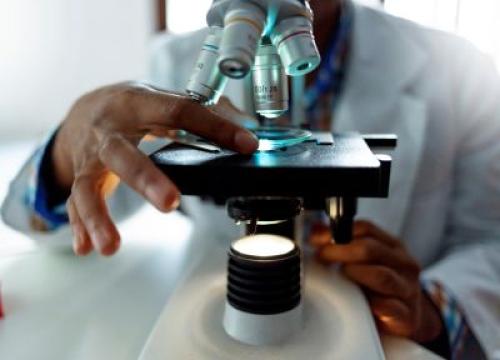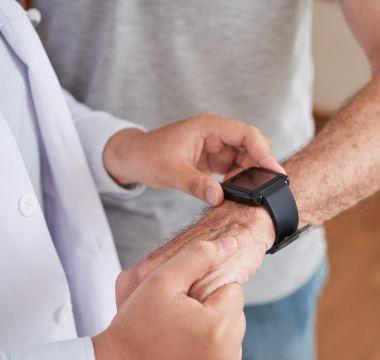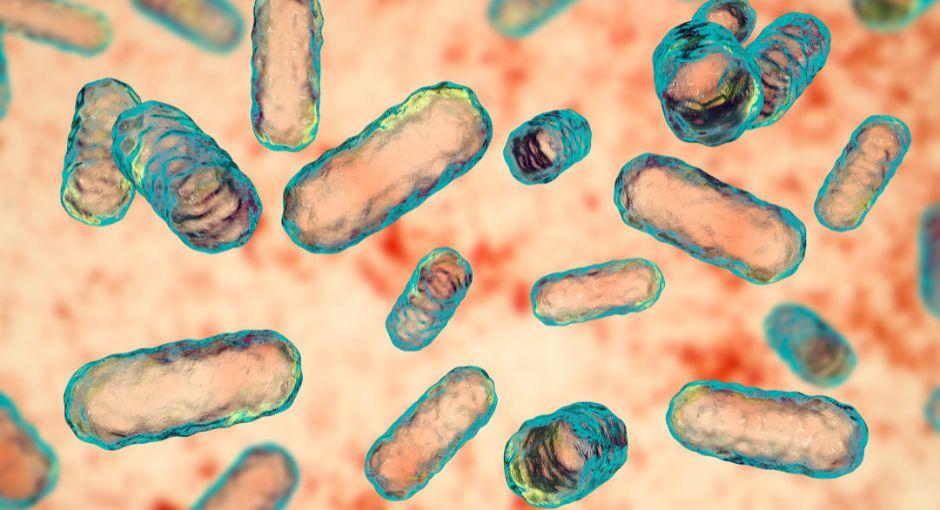Plastic Waste Contaminants Could Promote Parkinson’s

A new study indicates that tiny particles of polystyrene can promote the clumping of a protein involved in Parkinson’s.
Plastic waste is a growing problem, and as plastics break down the pieces can be problematic. A new study in Science Advances suggests that tiny plastic particles may be the latest environmental contributor to Parkinson’s disease (PD).
Microplastics are defined as particles smaller than 5 millimeters in diameter — for comparison, a grain of rice is 6 millimeters— and can also include nanoplastics (less than 1 micrometer). According to past research, it is common for blood samples to contain polystyrene nanoparticles, which come from pieces of foam packing materials, cups and cutlery. Research has also shown that unlike other kinds of plastic, polystyrene nanoparticles can enter the brain.
Parkinson’s disease is diagnosed when a protein, called alpha-synuclein, begins to clump in vulnerable neurons in the brain. The clumping ultimately affects dopamine, the neurotransmitter that gets progressively lost in PD, leading to early signs of the disease. This new study shows that polystyrene nanoparticles can interact with alpha-synuclein and promote its clumping in test tubes, in brain cells grown in a petri dish, and in mice.
About the Study & Results
Nanoplastic contaminants promote alpha-synuclein clumping.
Researchers mixed alpha-synuclein “seeds” with nanoplastics in test tubes to see if the presence of nanoplastics triggered the clumping of alpha-synuclein. After three days, they observed that, when combined with alpha-synuclein seeds, the nanoplastics promoted the acceleration of alpha-synuclein clumping formations.
Nanoplastic contaminants interact with alpha-synuclein at very specific regions of the protein.
Using computer modeling, the research team predicted a strong interaction between polystyrene nanoparticles and a region of alpha-synuclein. To validate this prediction, the team created a shortened version of alpha-synuclein that lacked the region the nanoparticles were predicted to interact with. Without that part of alpha-synuclein, the nanoparticles did not stick to the protein in lab experiments, indicating that the computer model was accurate.
Nanoplastic contaminants accelerate alpha synuclein clumping in neurons.
In mouse neurons grown in a petri dish, the researchers observed that nanoplastics were internalized into a specific compartment within the cell, called the lysosome, where alpha-synuclein tends to clump. They found that the nanoplastics accelerated the accumulation of pathogenic alpha-synuclein in these cells.
Nanoplastic contaminants accelerate alpha synuclein clumping in the mouse brain.
The researchers injected alpha-synuclein seeds and nanoplastics into the brains of live mice and found that about 20% of dopaminergic neurons — those thought to be crucial in the development of Parkinson’s — internalized both. Injecting the combination into mice led to an increase in alpha-synuclein clumps in dopaminergic neurons and an increase in alpha-synuclein pathology (as measured by molecular markers) compared to injecting the seeds alone. In 3 of 10 mice injected, nanoplastics alone led to alpha-synuclein pathology.
Traces of polystyrene can be found in human brain tissues. Finally, in brain tissue samples obtained from people with Lewy body dementia, a condition characterized by the presence of alpha-synuclein aggregates, the research team identified traces of polystyrene. This discovery suggests the potential presence of plastic nanoparticles in the human brain.
Highlights

- Alpha-synuclein clumping was triggered and/or accelerated by nanoplastics in three different models — test tubes, brain cells grown in a petri dish and in mice brains.
- The interaction between polystyrene nanoparticles and alpha-synuclein occurs at a specific region in the alpha-synuclein protein.
- In brain tissue samples from people with Lewy body dementia, traces of polystyrene can be detected, suggesting that plastic nanoparticles may be present in human brains.
What does this mean?
Plastic waste may be contributing to Parkinson’s as an environmental factor. However, we do not yet know how such interactions might be happening in humans and whether the type of plastic might play a role.
What do these findings mean to the people with PD right now?
People are exposed to and consume microplastics every day, through breathing, eating foods and drinking liquids — whether they are packaged in plastic or not. Studies like this one are integral to disentangling how the effects of environmental toxicants contribute to the development of PD — we now know that polystyrene nanoparticles can make their way into the brain. Explore the environmental risk factors connected to Parkinson’s.
People who are concerned that they may be experiencing Parkinson’s symptoms should talk to a healthcare provider.
Learn More
The Parkinson’s Foundation believes in empowering the Parkinson’s community through education. Learn more about PD and the topics in this article through our below resources, or by calling our free Helpline at 1-800-4PD-INFO (1-800-473-4636) for answers to your Parkinson’s questions.
Related Materials
Related Blog Posts


